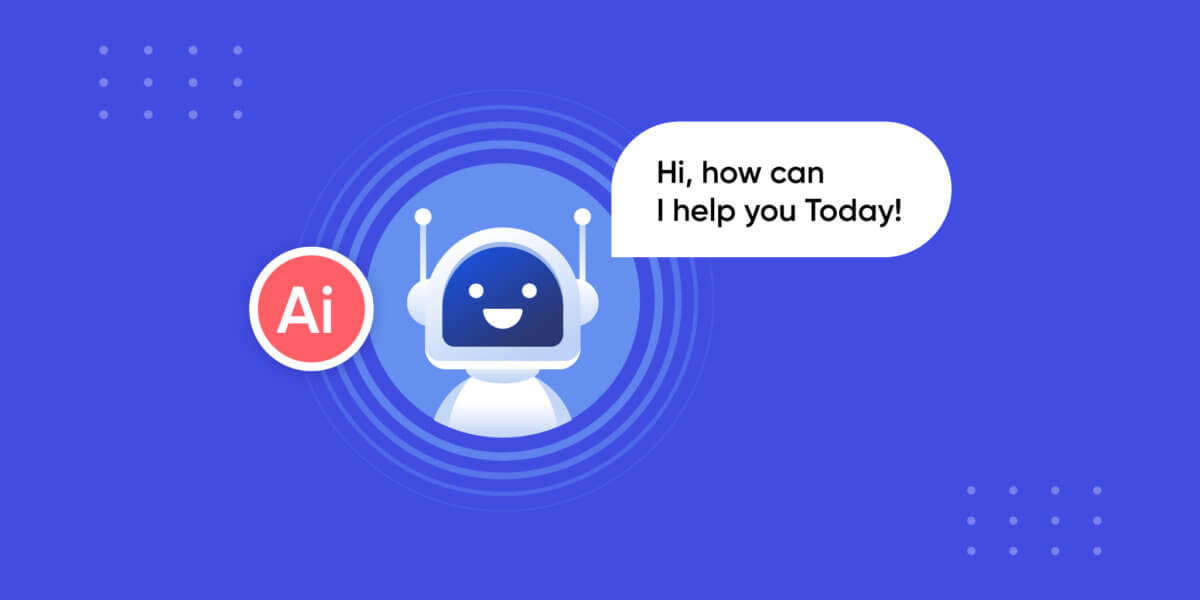
AI Chatbots Revolutionizing Mental Health Support
In the fast-paced world of mental health support, AI chatbots have emerged as a novel solution for individuals seeking assistance with anxiety, depression, and other mental health challenges. Despite the surge in popularity, questions linger regarding the efficacy of these digital companions in delivering substantial support and enhancing mental well-being.
The Rise of AI Chatbots in Mental Health
The utilization of AI chatbots for mental health aid has witnessed a significant uptick in recent times. Platforms such as Woebot, Replika, and Moodfit have garnered attention as accessible alternatives to traditional mental health services. These chatbots leverage natural language processing and machine learning algorithms to comprehend user interactions and furnish tailored responses based on predefined conversational frameworks.
 AI Chatbot assisting a user
AI Chatbot assisting a user
Research Insights and Controversies
Research findings on the effectiveness of AI chatbots in mental health support present a mixed picture. A study featured in the Journal of Medical Internet Research showcased notable enhancements in anxiety and depression symptoms among individuals utilizing a chatbot. However, the study’s limited sample size underscores the necessity for further investigation to validate these outcomes.
In contrast, a study published in the Journal of Affective Disorders indicated that the use of chatbots for mental health aid did not exhibit significant variance compared to text-based support groups or no intervention at all. Interestingly, the study highlighted that users engaging in extensive conversations with the chatbot witnessed more pronounced improvements in mental health outcomes.
The Human Touch vs. Technological Support
Despite the inconclusive evidence, many individuals derive value from engaging with AI chatbots for mental health assistance. These digital entities offer a sense of connection and empathy, particularly for those encountering barriers to traditional mental health services or feeling hesitant about seeking help from human therapists.
It is imperative to recognize that while AI chatbots serve as valuable tools for providing support and resources, they should not be viewed as substitutes for professional mental health services. While they can offer guidance, they lack the capacity to diagnose or treat mental health conditions. Individuals grappling with mental health issues are encouraged to seek assistance from qualified mental health professionals.
Conclusion
In conclusion, the realm of mental health support is witnessing a transformative shift with the integration of AI chatbots. While their efficacy remains a subject of ongoing scrutiny, these digital companions play a pivotal role in extending support to individuals navigating mental health challenges. As technology continues to evolve, striking a balance between technological assistance and human intervention remains crucial in fostering holistic well-being.















